
Late Peaches Reading at SCC
Thursday, Feb. 28 at 12:00 Noon
PAC-106 [Auditorium]
Host and editor: Bob Stanley
Here's who's reading:
Jeff Knorr
Sandy Thomas
Jan Haag
Tim Kahl
Marcene Gandolfo
Sue Staats
Trina Drotar
Othello Curry
With a few words from our sponsor, Bob Stanley
I will give you extra credit if you donate a children's book for the book drive described below. Please bring it to the next class as the book drive ends March 1st. My goal is to get 132 MORE books!!
This is the email I received but please bring the book to class and I will drop it off with our team's donations:
Dear folks, To date, we have received 66 children’s books for the Book Drive. The drive will end on Friday March 1st. Please consider donating books for this wonderful effort. The donation box is located at the Information Desk on the first floor of the LRC. Many thanks! Rhonda
Assemblymember Roger Dickinson Launches Children’s Book Drive
Assemblymember Roger Dickinson has launched a book drive to benefit youth in the Sacramento area with the goal of collecting 2,013 children’s books in 2013. Dickinson, along with Sacramento City Councilmembers Darrell Fong and Bonnie Pannell, are collecting new or gently used children’s books to donate to Reading Partners and Loaves and Fishes’ Mustard Seed School in Sacramento.
In out last class we discussed the requirements for your dramatic speech which will you give the week of March 7th.
There are two parts to your dramatic reading, an introduction and a main body. Your introduction will include the central theme or thesis and the title of your piece(s). The body should be a poem, song, part of a play, movie or book etc. You have two choices for the organization of your dramatic reading (or oral interp):
1. Introduction (max 45 seconds)
2 Body (max 4 minutes and 15 seconds)
or
1 Body (max 1 minute)
2. Introduction (max 45 seconds)
3 Body (max 3 minutes and 15 seconds)
I would like you to remember that this speech is an introductory level speech and there is NOT too much pressure on you. I want you to focus on performing well and staying in the time limit. In class I described some of the key things we are looking for in this speech. Time management, a central theme or thesis, clarity, a small amount of organization, preparation. The most important are time management and preparation. In this particular type of speech, preparation is the key to time management and clarity. If you practice your speech over and over again, then you have a good chance of staying in the time limit and giving a good audible speech. Your speech must be more then three minutes and no more than five minutes. I suggest that you try for four minutes and practice in several different settings to make sure you stay with in the time limit.
This is an event that you can get extra credit for attending.


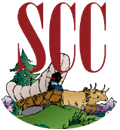


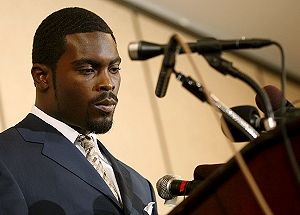
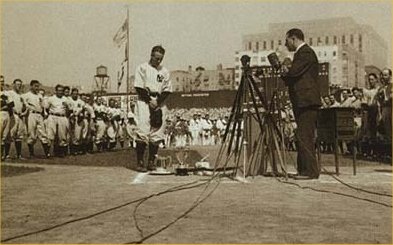
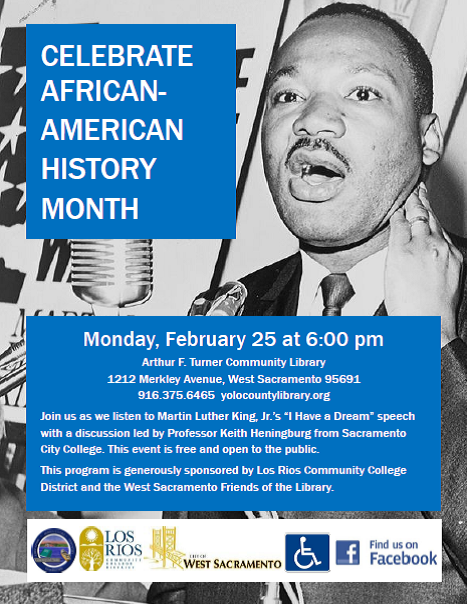
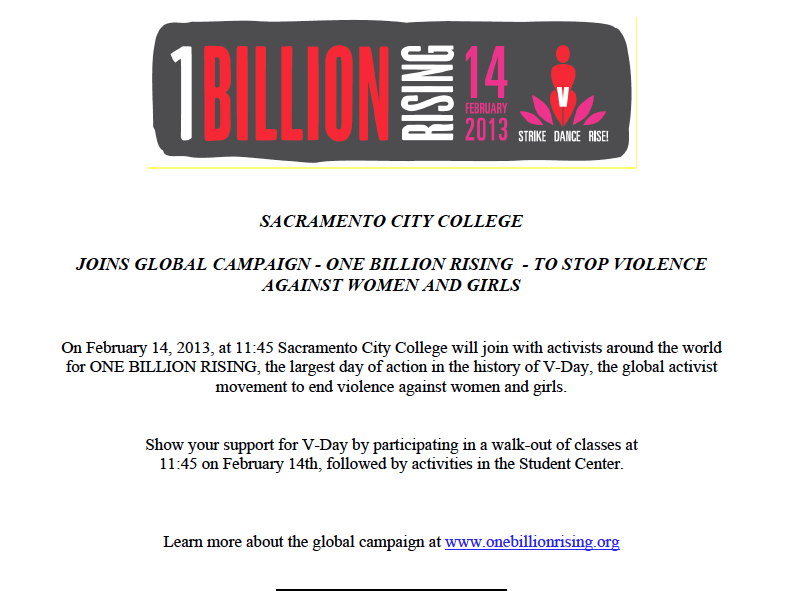
 RSS Feed
RSS Feed